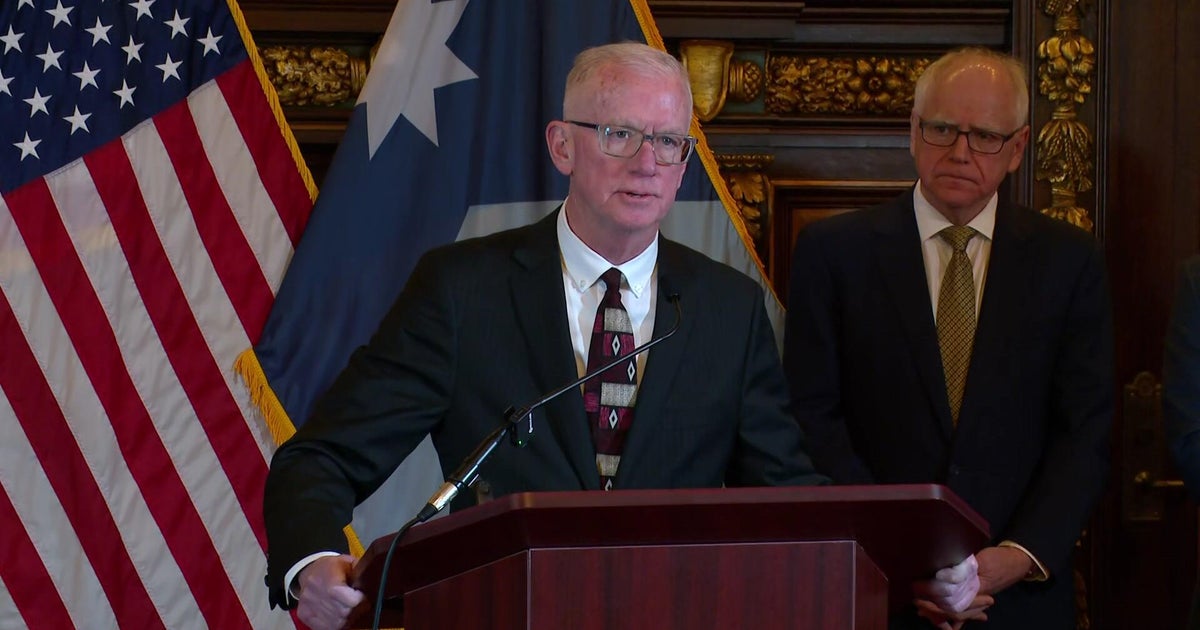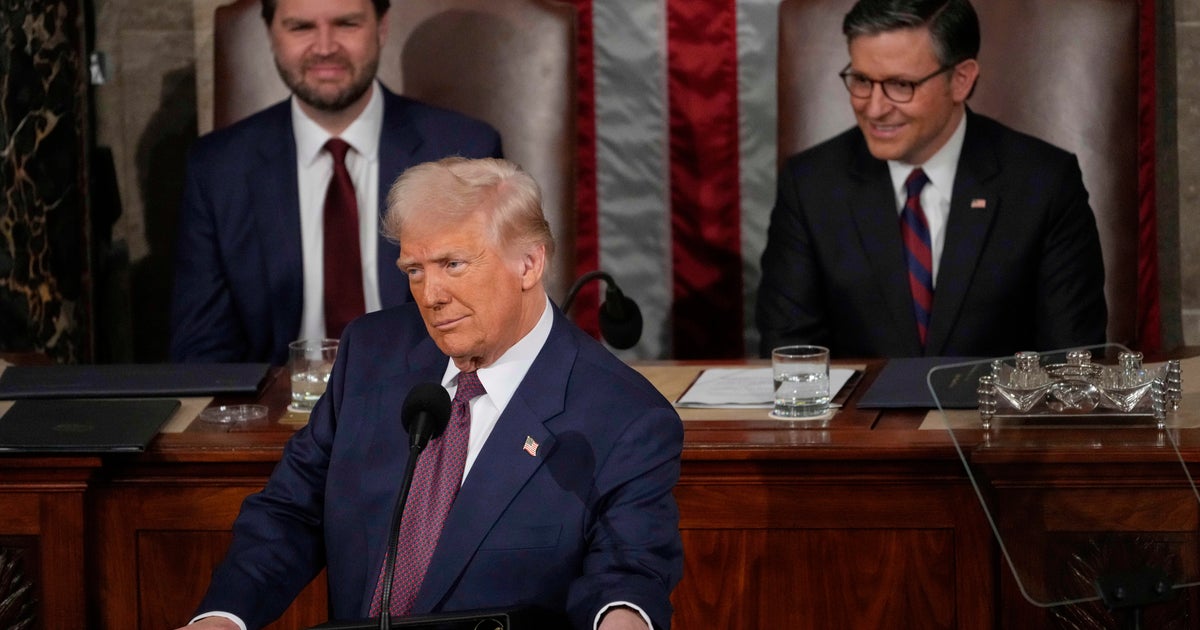FBI Director Christopher Wray says Sri Lanka attacks show terror threat persists
FBI Director Chris Wray laid out a complex view of persistent and evolving threats ranging from China's efforts to engage in economic espionage to the reach of ISIS' "virtual caliphate" at an appearance Friday at the Council on Foreign Relations in Washington, DC. Citing last week's attacks in Sri Lanka, he warned against complacency in the face of what he called a "real" terrorism threat.
"I do think it's a reminder that the terrorist threat isn't yesterday's news, isn't yesterday's problem, isn't gone," Wray said, referring to the Easter Sunday blasts that killed hundreds in the Sri Lankan capital.
"I sometimes think people in this country and in other parts of the world have started to get maybe a little blasé or a little complacent about it," he said. "And it's a pretty chilling reminder that the threat is real."
The episode illustrated the reach and efficacy of online radicalization, Wray said, describing the phenomenon as a "bigger and bigger problem."
"People talk about ISIS and the fall of the caliphate – absolutely true," Wray said, in an apparent reference to the Trump administration's declarations on the matter. "On the other hand we worry very much about what is in effect a 'virtual caliphate,' where terrorist organizations can organize in a way that don't require the same kind of physical infrastructure."
Even as simpler, smaller-scale attacks have grown more common, the threat of elaborate, pre-planned, mass-casualty attacks remain, Wray warned. "There's degrees to which some terrorist organizations are starting to rebuild and revive," he said, "it's something we're definitely focused on."
In prepared remarks that preceded a question-and-answer session, Wray focused almost exclusively on the "multilayered" threat emanating from Beijing which, he said, had "pioneered a societal approach to stealing innovation in any way it can."
"No country poses a broader, more severe intelligence collection threat than China," Wray said, citing an "expanding set of nontraditional methods" Beijing has employed to target businesses, academic institutions and government organizations.
"Put plainly, China seems determined to steal its way up the economic ladder at our expense," he said. Wray has issued repeated warnings about what he has said are global threats posed by China since being tapped in 2017 to lead the FBI by President Trump.
Wray also addressed the findings of special counsel Robert Mueller, whose report on Russian election interference in 2016 described the incursions as "sweeping and systematic."
"Well, I think everybody has their own adjectives," Wray said. "I do think that Russia poses a very significant counterintelligence threat – certainly in the cyber arena, certainly what we call the malign foreign influence territory, certainly in their presence of intelligence officers in this country."
"So in a lot of ways, yeah," he said.




